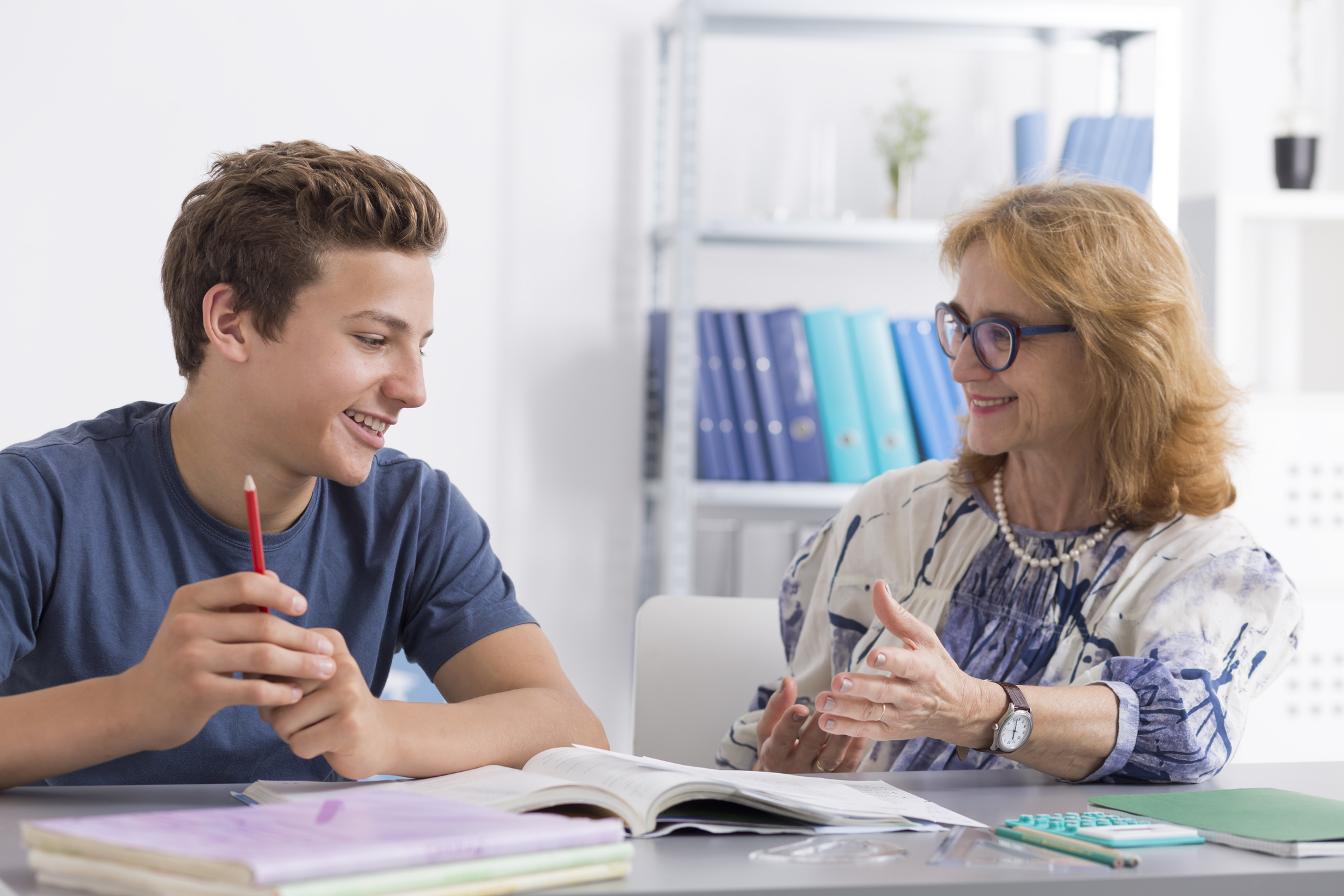
One of the most difficult problems for families during this pandemic is the loss to our children and grandchildren of steady, full-time education. Hats off to schools and teachers who have adapted to online learning and done amazing jobs of bringing lessons into each student’s home, but for many children this is a less-than-ideal situation and many children are losing ground academically.
Perhaps your role during this challenging time, is to find a tutor for your grandkids and help them make up for lost time. This will be especially important for any children who are easily distracted and who need special attention and routine to learn well.
But, hiring a tutor is a serious venture. You don’t want to risk adding more stress to your grandchild’s life and the additional expense can be a strain on any budget. You definitely want the money spent to bring positive results.
Here are some things to consider when finding the best tutor for your grandchild:
-
Safety and Convenience
Your primary concern is for the well-being of the child. You’ll be entrusting your little learner into the hands of another adult. Be sure to get references, check them out and plan to have the lessons take place either in the child’s home where an adult can be nearby, or in a public place such as a school or library.
-
Skills and Experience
The best tutors are retired or currently not employed teachers. They are certificated and have lots of experience with children needing additional support. Sometimes businesses that offer tutoring are able to provide encouraging lessons in basic subjects, but just as often their teachers are not certificated and have limited experience in teaching a subject with learning styles in mind. They may not be able to present a lesson in a number of different ways to help the child understand.
Occasionally a family member may be able to step in and help your grandchild in a certain subject. In that case, work with your classroom teacher to get proper materials for the lessons. It’s important that the tutoring sessions not confuse your learner by teaching lessons that conflict in any way with the classroom expectations.
Be sure that you work with classroom teachers and the tutor to set specific goals for the time spent in tutoring sessions. One good way to build learning confidence is to “see” progress over time as certain goals are met.
-
Patience, Empathy and Kindness
Children who have fallen behind in their classroom work are often very discouraged. They may feel they can’t learn and may have taken a hit to their self-esteem. So anything additional in their schedule can feel like punishment. Avoid that possibility by hiring someone who understands the problem, offers nothing but positive lessons presented in small bite-sized pieces so that failure is not an option. Good tutors will have games and activities that are both instructional and fun. They may use some sort of reward system that encourages a bit of risk-taking, but also makes your grandchild feel hopeful and accomplished.
A good tutor is on task but upbeat and friendly. He or she will be patient but expect the best so that sessions are worthwhile and have specific milestones to achieve. Often charts and stickers, etc. work very well for a child who has not been able to earn them in class.
-
Enthusiasm for the Subject, Positivity
Typically children who have experienced a degree of failure are sure that they’re “bad at math” or “bad at reading.” A good tutor can present material in which your grandchild can shine. And enthusiasm for the fun of reading a good book or solving a math problem can literally change your grandchild’s mind about that subject. An enthusiastic tutor who truly loves the subject matter may be able to overshadow all those unhappy experiences from the classroom and offer your grandchild new hope.
-
Reliability
Your family’s schedule is important and adding a tutoring session may be a stretch for you. So if your tutor is not on time, or fails to measure up in any way, please feel free to find another one.
It’s also a good idea to schedule tutoring sessions for a month or two at a time and then re-evaluate the need for the extra support. You may decide that the extra boost in learning
was all your grandchild needed to get back on track. Or you may decide that certain times of the year are just too busy to add another timeslot. Maybe waiting until spring or even summer would be the best choice for your family.
It’s important that your grandchild never feel that working with a tutor is an embarrassment or a punishment. It may be wise to explain that throughout history children have worked with tutors and that classroom instruction is a relatively new way to learn.
Finding the best tutor for your grandchild will take some research and some time. It will cost some money. But a strong, capable tutor may be just the boost your grandchild needs to become a confident, successful learner.
Click here to read more Ask Granny News from The Olive Press.








